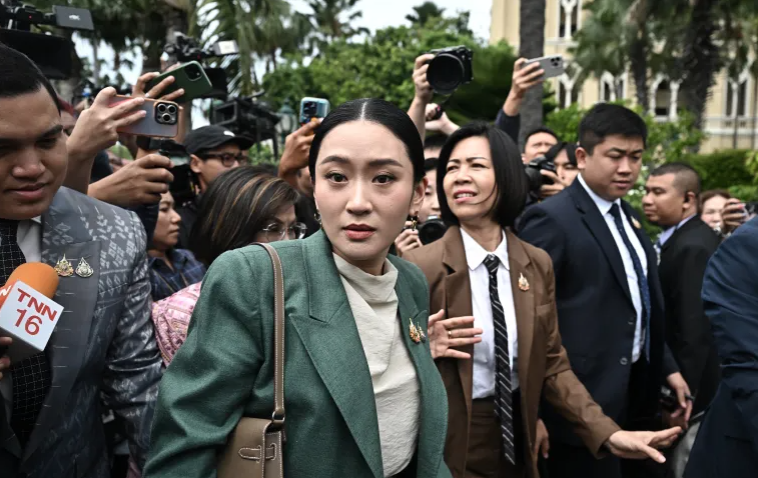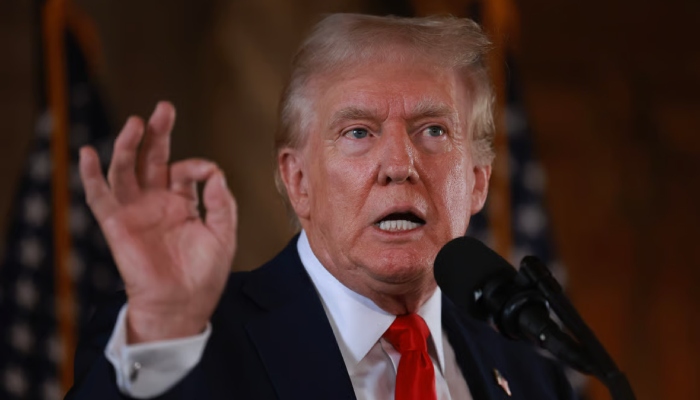WORLD NEWS

Thailand’s Constitutional Court has suspended Prime Minister Paetongtarn Shinawatra from office, pending an ethics investigation stemming from a leaked phone call with Cambodia’s former leader Hun Sen, intensifying political instability in the kingdom.
The court stated that it accepted a petition filed by 36 senators, accusing the 38-year-old premier of dishonesty and ethical violations. The controversy surrounds a June 15 phone call between Paetongtarn and Hun Sen, during which she allegedly criticized a senior Thai army commander and referred to Hun Sen as “uncle” — remarks that have been perceived as crossing the line in a country where the military wields considerable influence.
Paetongtarn has 15 days to respond to the court. In the meantime, Deputy Prime Minister Suriya Juangroongruangkit will serve as caretaker PM. A cabinet reshuffle has appointed Paetongtarn to a new role as Minister of Culture, allowing her to remain in the cabinet while the court case proceeds.
The leaked call has sparked public outrage, weakened her already fragile governing coalition, and led to the departure of a key party, potentially opening the door for a no-confidence vote. Protest groups are also demanding her resignation.
The unfolding drama raises deeper questions about Thailand’s democratic process, especially the expanding role of the Constitutional Court. Analysts point out that this marks the second prime minister ousted by the court from the ruling coalition in just two years. “If they suspend Paetongtarn permanently, the country could enter yet another political crisis,” said political analyst Cheng.
Paetongtarn, daughter of former Prime Minister Thaksin Shinawatra, had only been in office for 10 months, replacing Srettha Thavisin, who was also removed by the court for ethical misconduct. Her approval rating has since plummeted from 30.9% in March to just 9.2% in late June, amid an economic downturn and growing public discontent.
Adding to the Shinawatra family’s legal troubles, Thaksin, now 75, appeared in court this week to face charges of insulting the monarchy — a serious offence in Thailand, punishable by up to 15 years in prison. The case dates back to a 2015 interview he gave while in exile. Though he returned to Thailand in 2023, Thaksin spent six months in hospital detention before being released on parole. The Supreme Court is now reviewing his hospital stay and may order him back to prison.
This series of legal and political blows signals a turbulent time for the Pheu Thai Party, once a dominant electoral force, now struggling to retain control amidst deepening institutional resistance and public dissatisfaction.




